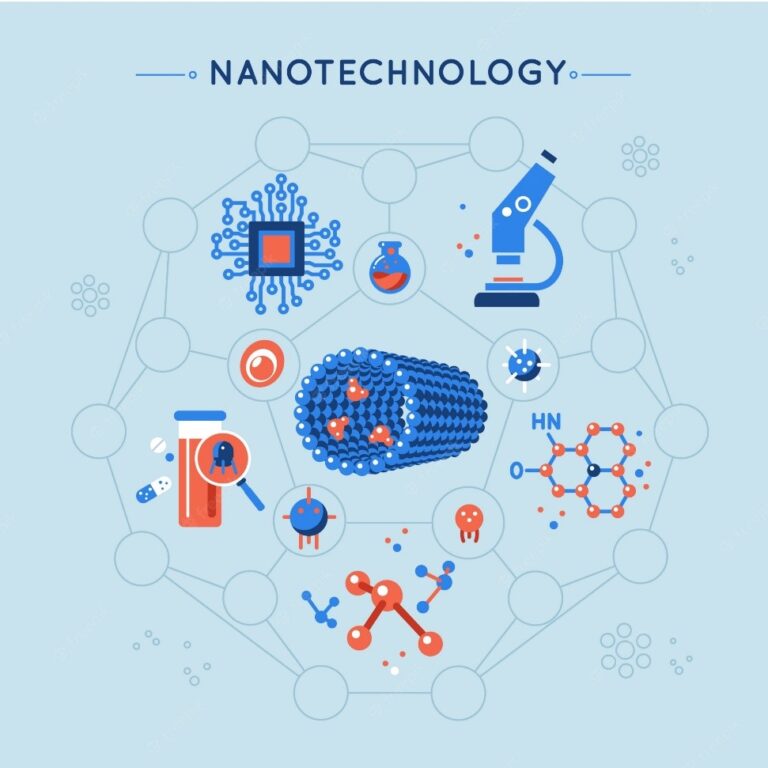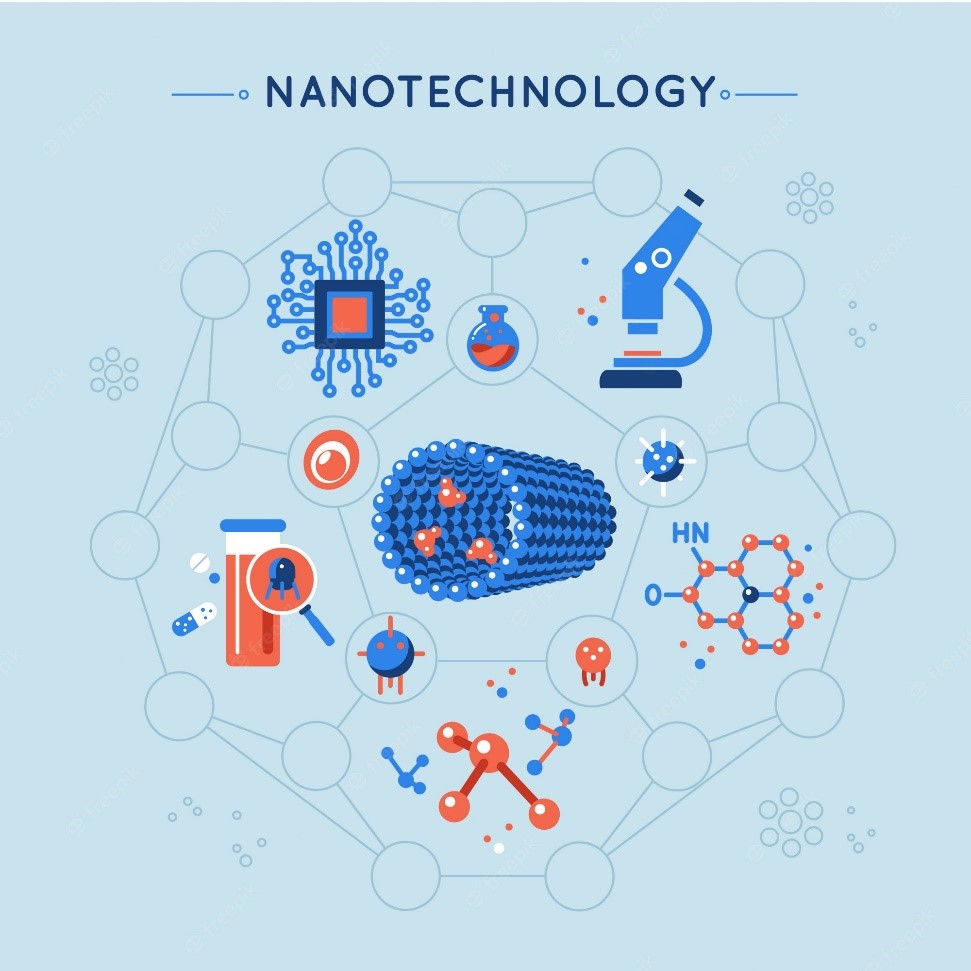
Nanotechnology UPSC
Explore the transformative realm of nanotechnology upsc in our blog, “Unlocking the Nanoscale Marvels: A UPSC Guide.” Delve into its applications, global perspectives, and ethical considerations,
equipping UPSC aspirants with insights crucial for navigating this cutting-edge field in governance and administration.
Let go
1. The Basics of Nanotechnology
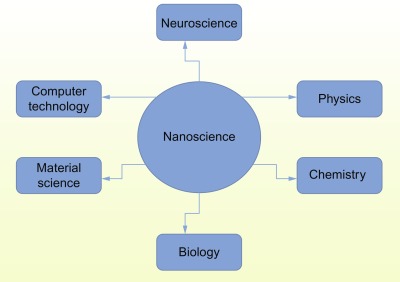
Embark on a comprehensive exploration of nanotechnology in our insightful blog,
“Unlocking the Nanoscale Marvels: A UPSC Guide.” Nanotechnology, manipulating matter at the 1 to 100 nanometer scale, boasts applications revolutionizing fields like medicine, electronics, and energy.
For UPSC aspirants, understanding its significance is key. Engineered nanoparticles redefine drug delivery and diagnostics in healthcare, while nanoscale materials transform electronics, energy storage, and materials science.
Our blog navigates the implications of nanotechnology globally and within the UPSC syllabus, addressing economic, societal, and ethical aspects.
Stay informed about recent advancements, enhance interdisciplinary knowledge, and develop critical thinking skills to prepare for UPSC’s nanotechnology-related questions.
Unlock the nanoscale marvels and empower yourself for success in the competitive landscape of governance and administration.
2. Applications of Nanotechnology
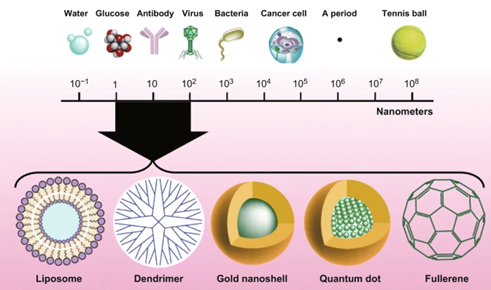
In the realm of nanotechnology upsc, where the minuscule meets the monumental, our blog,
“Unlocking the Nanoscale Marvels: A UPSC Guide,” delves into the intricate applications shaping our future.
Nanotechnology upsc, operating at the 1 to 100 nanometer scale, exhibits extraordinary properties with far-reaching consequences.
As UPSC aspirants embark on this informative journey, they will discover its transformative impact on healthcare, with engineered nanoparticles paving the way for targeted drug delivery and advanced diagnostics.
Moreover, nanotechnology reshapes the landscape of electronics, enabling the creation of smaller, faster, and more efficient devices.
This evolution extends to the energy sector, where nanoscale materials contribute to the development of efficient solar cells and cutting-edge energy storage solutions.
Materials science undergoes a renaissance with nanomaterials, introducing lightweight, durable composites and materials capable of self-healing.
Our blog extends beyond the scientific marvels to address the challenges and ethical considerations inherent in manipulating matter at such a minute scale.
UPSC aspirants gain insights into global perspectives, collaborations, and the integration of nanotechnology upsc into the UPSC syllabus.
Armed with this knowledge, aspirants can confidently navigate the complexities of nanotechnology, preparing themselves not just for exams but for informed decision-making in governance and administration.
3. Challenges and Ethical Considerations

In the captivating exploration of nanotechnology in our blog, “Unlocking the Nanoscale Marvels: A UPSC Guide,” we unravel the profound impact of manipulating matter at the nanoscale.
Nanotechnology upsc, operating within the 1 to 100 nanometer range, exhibits remarkable properties that propel innovations across diverse domains.
For UPSC aspirants, understanding the applications of nanotechnology is paramount.
Engineered nanoparticles redefine healthcare by revolutionizing drug delivery systems and diagnostic tools.
Electronics undergo a paradigm shift as nanoscale materials contribute to the development of smaller, faster, and more efficient devices.
The energy sector witnesses breakthroughs with the integration of nanotechnology upsc, enhancing solar cells and energy storage solutions.
Materials science sees unprecedented advancements, introducing lightweight, durable composites and materials capable of self-healing.
However, the journey into nanotechnology also unveils challenges and ethical considerations.
Our blog addresses these complexities, providing UPSC aspirants with a holistic understanding of the environmental impact, safety concerns, and ethical implications associated with nanotechnology upsc.
Beyond the scientific intricacies, the blog extends to global perspectives, exploring international collaborations and policies that shape nanotechnology’s trajectory.
Aspirants are guided through its intersections within the UPSC syllabus, covering economic implications, societal impacts, and ethical considerations.
This comprehensive guide equips UPSC aspirants with the knowledge to navigate the dynamic landscape of nanotechnology upsc, fostering not only exam success but also informed decision-making in governance and administration.
4. Global Perspectives and Initiatives

Our blog, “Unlocking the Nanoscale Marvels: A UPSC Guide,” continues its informative journey by addressing the intricate challenges and ethical considerations embedded in nanotechnology upsc.
As we explore the transformative applications of manipulating matter at the nanoscale, it is crucial to acknowledge the dual nature of this innovation.
Challenges in nanotechnology include environmental impact, with concerns about the life cycle and potential hazards of nanomaterials.
Safety considerations arise from the unique properties exhibited at the nanoscale, demanding a thorough understanding of their implications.
Ethical dilemmas abound, from privacy issues to the broader societal impacts of deploying nanotechnology upsc. CNC Machine Operator
Moreover, the blog delves into the global perspective, shedding light on international collaborations, research initiatives, and the policies governing nanotechnology.
This broader context is invaluable for UPSC aspirants, offering insights into the global landscape of nanotechnology upsc and its implications for governance and administration.
As UPSC candidates prepare to navigate nanotechnology within the syllabus, the blog provides a comprehensive guide.
Economic implications, societal impacts, ethical considerations, and environmental concerns related to nanotechnology are explored, empowering aspirants with the knowledge needed for well-rounded responses in the competitive examination.
This holistic approach ensures that aspirants not only excel academically but also contribute meaningfully to the evolving discourse on nanotechnology’s role in shaping our future.
5. Nanotechnology in the UPSC Syllabus
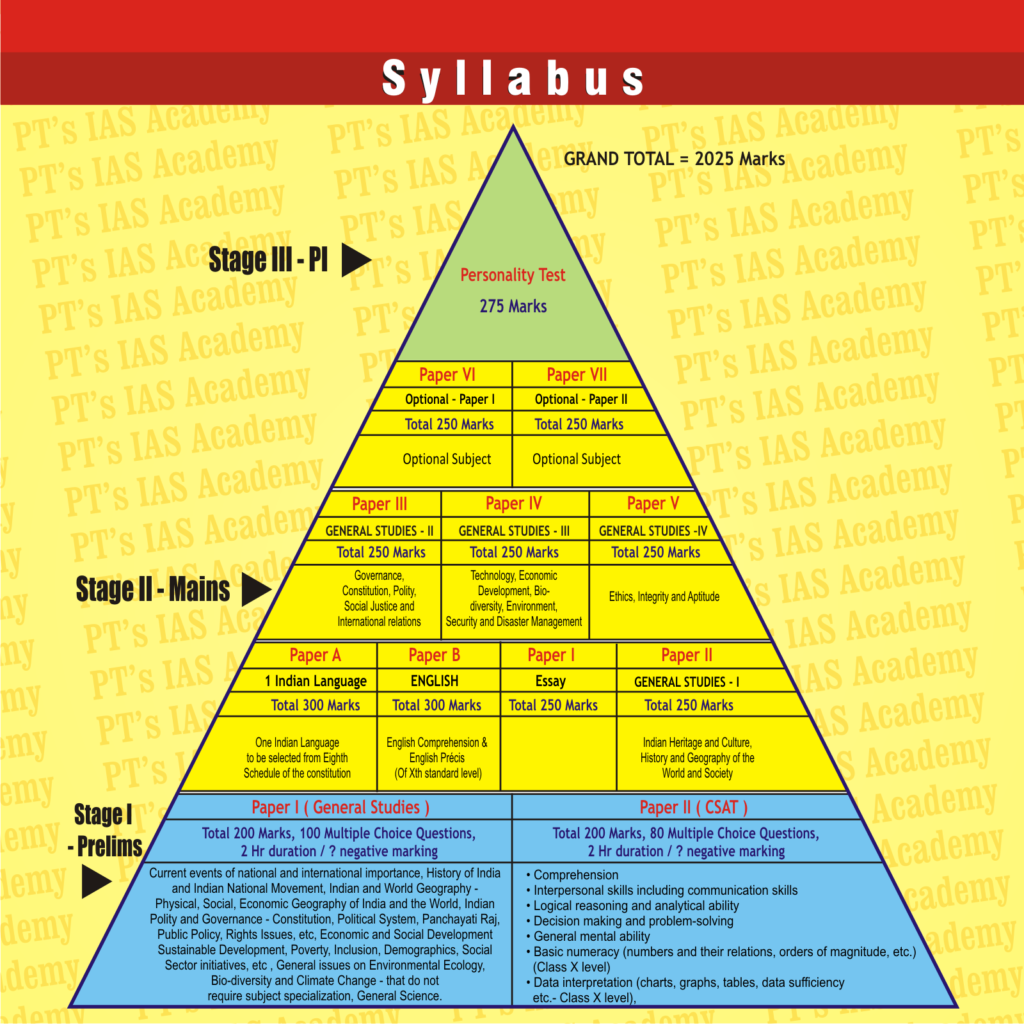
As our exploration of nanotechnology upsc in the blog, “Unlocking the Nanoscale Marvels: A UPSC Guide,” reaches its zenith, we transition to the vital section on preparing UPSC aspirants for the dynamic field of nanotechnology.
Staying abreast of recent advancements is paramount. A rapidly evolving field, nanotechnology demands aspirants stay updated with breakthroughs, ensuring a comprehensive understanding of its applications.
Interdisciplinary knowledge is equally crucial. Recognizing the interconnectedness of nanotechnology with various disciplines — physics,
chemistry, biology, and engineering — empowers aspirants to grasp its multifaceted implications.
The blog emphasizes the cultivation of critical thinking skills, encouraging aspirants to analyze the socio-economic, ethical, and environmental dimensions of nanotechnology.
This approach ensures a holistic understanding, enabling aspirants to navigate complex questions in the UPSC examination.
Practicing the case study approach is integral to preparation. As nanotechnology often presents nuanced scenarios, aspirants must hone the ability to propose solutions and policy recommendations.
This practical approach not only reinforces theoretical knowledge but also equips aspirants with the acumen needed for real-world problem-solving in governance and administration.
In conclusion, the blog serves as a comprehensive guide, arming UPSC aspirants with the knowledge and skills necessary to navigate the intricate landscape of nanotechnology upsc.
By fostering a deep understanding of its applications, global perspectives, and challenges,
aspirants are not only prepared for the examination but are poised to contribute meaningfully to the ongoing dialogue on nanotechnology’s role in shaping our world.
6. Preparing for Nanotechnology in UPSC

In the final stretch of our blog, “Unlocking the Nanoscale Marvels: A UPSC Guide,” we bring the narrative full circle, summarizing the significance of nanotechnology for UPSC aspirants and reinforcing the crucial takeaways.
The blog underscores the transformative potential of nanotechnology across sectors like healthcare, electronics, and energy.
By elucidating its applications, challenges, and global perspectives, aspirants gain a nuanced understanding crucial for navigating UPSC questions that may intersect with nanotechnology.
The importance of staying updated is reiterated as nanotechnology continues to evolve.
This dynamism requires aspirants to remain vigilant, ensuring they are well-versed in the latest breakthroughs and their implications.
Interdisciplinary knowledge is positioned as a cornerstone. Recognizing nanotechnology’s interconnectedness with diverse scientific disciplines positions aspirants to appreciate its multifaceted dimensions,
preparing them for nuanced questions that may cut across traditional subject boundaries.
The cultivation of critical thinking skills emerges as a fundamental aspect of preparation. Aspirants are encouraged to analyze and interpret the socio-economic,
ethical, and environmental facets of nanotechnology, fostering a holistic perspective crucial for addressing the interdisciplinary nature of UPSC questions.
In conclusion, the blog not only equips aspirants with academic prowess but instills the practical skills needed for real-world problem-solving.
By embracing the complexities of nanotechnology, UPSC aspirants are not merely preparing for an examination;
they are arming themselves with the knowledge to contribute meaningfully to the evolving landscape of governance and administration in a technologically advanced world.
Conclusion
In closing, “Unlocking the Nanoscale Marvels: A UPSC Guide” serves as a compass for UPSC aspirants navigating the intricate world of nanotechnology upsc.
This comprehensive resource illuminates its applications, challenges, and global implications,
empowering aspirants to not only excel in exams but also contribute meaningfully to governance and administration.
FAQs
1. What is nanotechnology?
Nanotechnology involves manipulating matter at the nanoscale (1-100 nanometers), unlocking unique properties with transformative applications in various fields.
2. Why is nanotechnology relevant for UPSC aspirants?
Understanding nanotechnology is crucial for aspirants as it intersects with the UPSC syllabus, impacting economics, societal aspects, and governance policies.
3. How does nanotechnology influence healthcare?
Nanotechnology revolutionizes healthcare through engineered nanoparticles, enhancing drug delivery precision and enabling advanced diagnostic tools.
4. What role does nanotechnology play in electronics and energy?
Nanotechnology contributes to smaller, faster electronics and advances energy solutions, such as efficient solar cells and groundbreaking energy storage systems.
5. What ethical considerations are associated with nanotechnology?
Ethical dilemmas include environmental impact, safety concerns, and privacy issues, requiring a balanced approach for responsible development and deployment.

